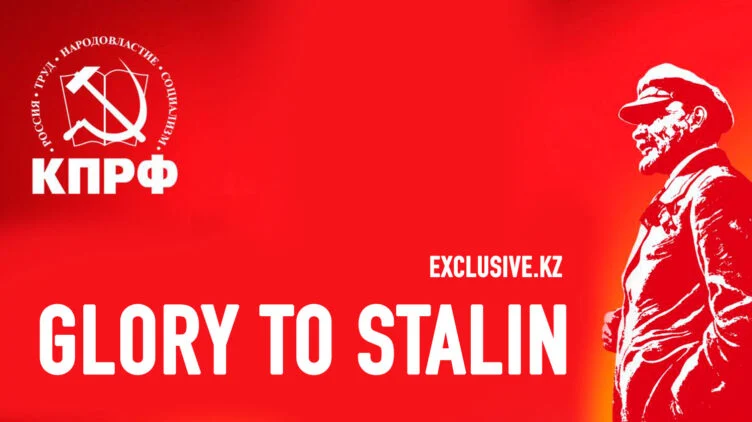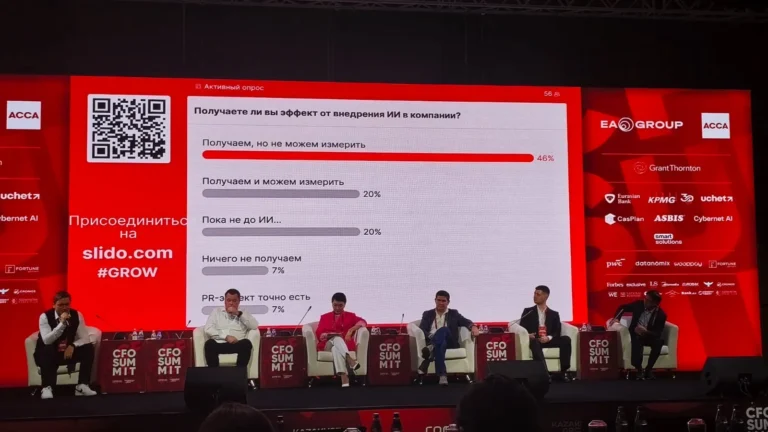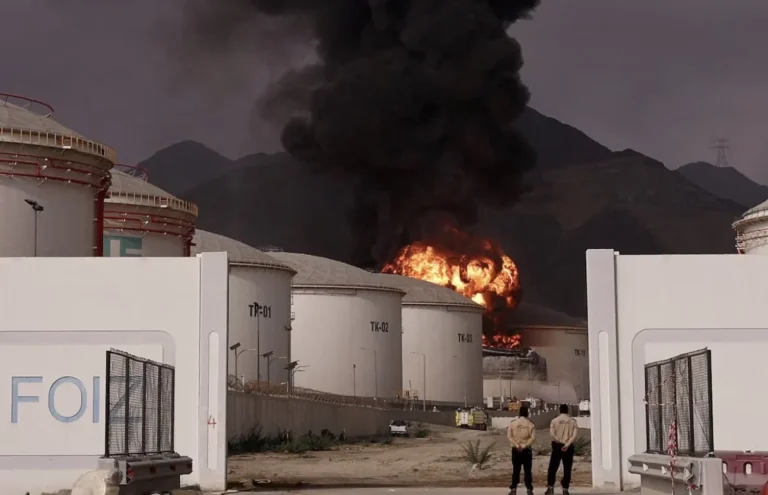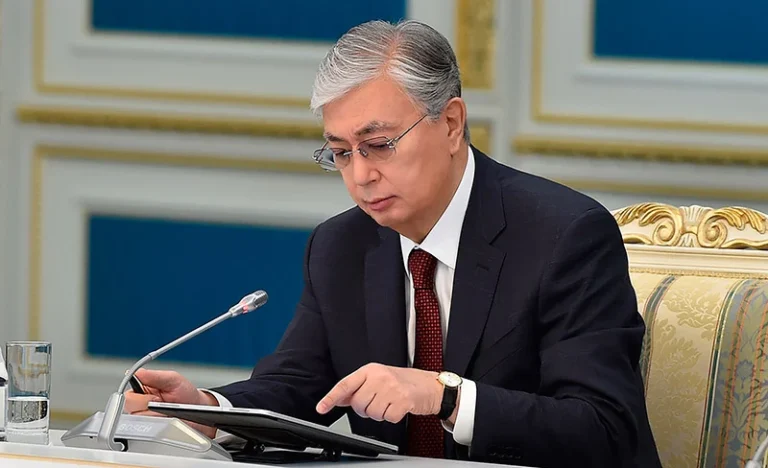The insidious effects of re-Stalinization are becoming increasingly apparent

Earlier this month, at its 19th Reporting and Election Congress, the Communist Party of the Russian Federation (KPRF) invalidated Nikita Khrushchev’s bombshell 1956 address to the highest-ranking Soviet communists – known as his “secret speech” – in which he denounced Josef Stalin’s cult of personality. At a time when “NATO militarism is increasing its aggression against Russia,” according to the KPRF narrative, Stalin – who had nearly a million of his own citizens executed and sent countless more to the Gulag labor camps – should be admired, even emulated, not decried.
By contrast, the KPRF resolution accuses Khrushchev of subjecting the “results of 30 years Stalin’s leadership” to “wholesale denigration” for the sake of “cheap popularity.” In fact, the KPRF claims, Khrushchev faced an “objective shortage of materials discrediting the name and work of Stalin,” and a “targeted effort” to replace original documents with “fakes” in state archives has been “reliably established.”
These are mind-boggling assertions. The cruelty and lawlessness of the Gulag system are not matters of historical debate. We know, for example, that in just the first two years of Stalin’s Great Purge, well over 1.5 million people were arrested, and more than 680,000 of them were killed. Moreover, when the archives were opened up in the late 1980s, during Mikhail Gorbachev’s glasnost, it was reliably confirmed that they included original records of even more terrible crimes, which Khrushchev had thought better of exposing. But, to hear the KPRF tell it, Stalin was a “demanding and fair leader,” and a model of “integrity,” who “saved our people from enslavement and death.”
Compounding the absurdity of the KPRF’s resolution is the fact that the party, which was formed in 1993, is not a successor to the Communist Party of the Soviet Union, which was disbanded in 1991. It has no authority to invalidate official actions taken by Khrushchev or any other Soviet leader. A ranking member of parliament pointed this out to the KPRF, though not as any kind of defense of Khrushchev; the ruling United Russia party merely wants to remain at the forefront of the re-Stalinization campaign that is underway.

The process of cleaning up Stalin’s image began shortly after Vladimir Putin came to power 25 years ago. Teaching materials, such as the high-school textbook “The Modern History of Russia: 1945-2006,” justified Stalin’s “strong hand” as necessary to enable a “besieged” country to survive and develop. “The formation of a rigid militarized political system” was a means of “solving extraordinary problems in extraordinary circumstances.”
The textbooks issued in 2023 – a year after Russia’s full-scale invasion of Ukraine – went much further, describing Stalin as a venerable and triumphant figure. (A co-author of the books, Vladimir Medinsky, was also Putin’s lead negotiator in peace talks on Ukraine.) At least 105 of the 120 monuments to Stalin seen across Russia today were erected under Putin’s leadership. The newest addition, located inside Moscow’s Taganskaya subway station, is a white plaster copy of the marble bas-relief that was removed in 1966 as part of the de-Stalinization process.
As Putin’s regime uses schoolbooks and statues to burnish Stalin’s image in the popular memory, the insidious effects of re-Stalinization are becoming increasingly apparent. The suppression of dissent regarding the Ukraine war is a notable one, as is a wave of deaths among Russia’s elite, the latest being the suicide of Russia’s transport minister and former governor of the Kursk region, Roman Starovoyt.
Starovoyt had just been fired for his failure to prevent incursions into Russian territory by Ukrainian troops last year. His superiors had determined that, under his watch, the border had been insufficiently fortified, and Starovoyt knew that he had no recourse. He could not defend himself, or even resign quietly. Under Putin, as under Stalin, if the supreme power finds you guilty, you are – and you are expected to bear whatever punishment is imposed upon you.
In such a context, suicide becomes an act of defiance. And, in fact, some Stalin-era officials chose this path. Vissarion Lominadze, once the head of the Republic of Georgia’s communist party, shot himself in the chest in 1935, in order to avoid arrest for deviation from the Party line. When the Old Bolshevik trade unionist Mikhail Tomsky shot himself in his dacha in 1936, he left a note denying participation in an anti-Soviet conspiracy, but he was convicted posthumously (and eventually cleared.)
Sergo Ordzhonikidze’s suicide was a different kind of protest. In 1937, at the height of the Great Purge, the Old Bolshevik and Soviet statesman ended his life in despair, following the brutal persecution of his brother Papulia, who was arrested on unspecific charges while working as the boss of the Transcaucasian Railway.
Such high-level suicides enraged Stalin, who viewed them as acts of dishonesty and manipulation. When it came to the widely respected Ordzhonikidze, Stalin did not even want to admit the truth about his death. The official story – which Khrushchev refuted in his “secret speech” – was that Ordzhonikidze died of heart failure.
Putin was apparently similarly furious about Starovoyt’s final act of disobedience: he ordered his Kremlin aides to recall the wreath they had sent to the funeral, as per protocol. Nonetheless, many government officials attended the ceremony. One wonders whether this amounted to a quiet bureaucratic protest against the impossible demands and arbitrary punishments that are being imposed on those tasked with carrying out Putin’s decrees, at a time when the slightest whiff of corruption, incompetence, or confusion can be treated as treason.
There was a sort of urban legend during the Stalin era: when a train was forced to stop because the track had been destroyed, Stalin ordered that some of his entourage be shot, so that their bodies could be used as rails. As Starovoyt’s death shows, the officials surrounding Putin are not much safer.
Copyright: Project Syndicate, 2025.





Все комментарии проходят предварительную модерацию редакцией и появляются не сразу.